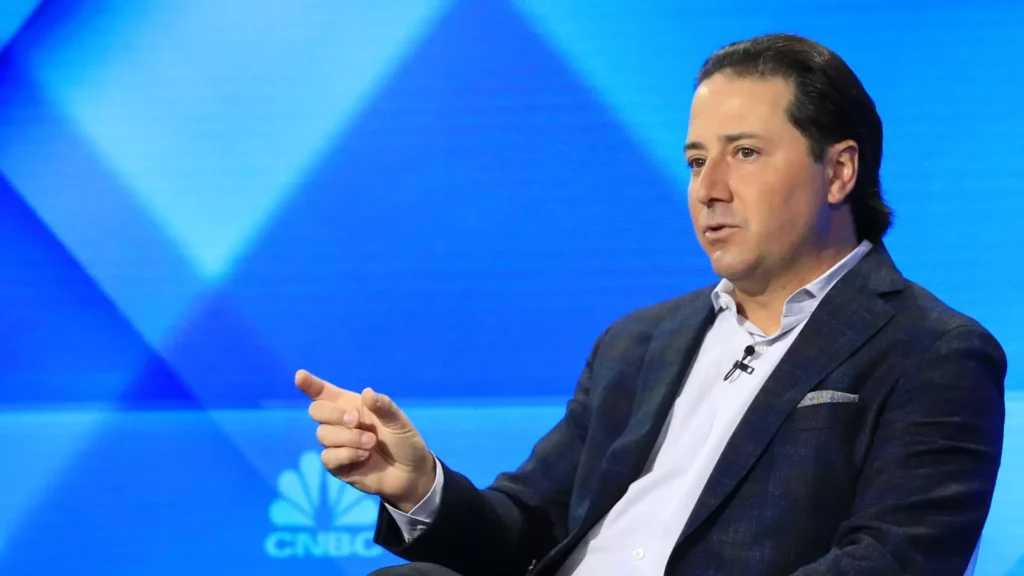![]()
The rapid growth of private credit has raised significant concerns about how the industry would fare in the face of a major economic downturn. The absence of a major downturn in the industry has led to questions about what the future holds for borrowers should a crisis arise. Jamie Dimon, Chairman and CEO of JPMorgan, highlighted the potential risks associated with private credit, suggesting that borrowers who have taken out private-credit loans could be left stranded if a crisis were to occur. Dimon pointed out that banks tend to work with borrowers during a crisis, while private credit, due to its mark-to-market nature, may face challenges in dealing with high interest rates, recessions, and high spreads.
In response to concerns raised by Dimon, Michael Arougheti, CEO of Ares Management, defended the private-credit industry, emphasizing that the risks being highlighted are not as significant as portrayed. Arougheti highlighted the firm’s extensive experience in the market, noting a low loss rate over the years. Ares’ Executive Chairman, Tony Ressler, further supported Arougheti’s claims, stating that the growth of private credit could actually help reduce systemic risk. The argument was made that assets in the private credit sector are held by companies with lower leverage and more stable financing structures, which could contribute to overall stability in the financial system.
A recent report from the Federal Reserve compared recovery rates of private-credit loans with those of traditional bank loans, such as leveraged loans and high-yield bonds. The data showed that private-credit loans have relatively low recovery rates upon default, indicating higher losses compared to syndicated loans or high-yield bonds. The analysis revealed that private credit exposure tends to be more heavily concentrated in sectors with fewer tangible assets, potentially affecting recovery rates in the event of default. However, updated figures from KBRA DLD showed a mixed picture in terms of implied recoveries, with direct loans falling below syndicated loans but above high-yield bonds in terms of post-default value.
As the private credit market continues to grow, it becomes more interconnected with the traditional banking sector. JPMorgan, for example, highlighted its significant involvement in financing private-credit portfolios and its efforts to expand its capital deployment in this space through co-lending programs. This increasing interconnectedness could have implications for the overall financial system in the event of an economic downturn. Should a downturn materialize, the repercussions could be far-reaching and impact both private credit and traditional banking sectors.
While the private-credit industry has seen substantial growth in recent years, concerns about its resilience in the face of economic challenges remain. The contrasting perspectives from industry leaders highlight the ongoing debate about the risks and rewards of private credit expansion. As the industry continues to evolve and expand, it will be crucial to closely monitor developments and assess the potential implications for borrowers, lenders, and the broader financial system.

Leave a Reply